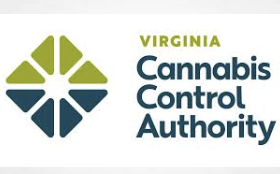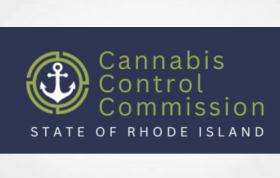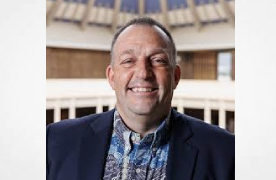The Colorado Sun reports
Proposition 122, which passed by an extremely thin margin, would allow healing centers where people could consume psilocybin mushrooms
n years after legalizing the use and sale of marijuana, Colorado became only the second state in the U.S. to legalize the use of psilocybin mushrooms.
The ballot measure, Proposition 122, squeaked across the finish line as ballots were tallied the day after Election Day, receiving 51% of the vote.
Proponents called it a “truly historic moment.”
“Colorado voters saw the benefit of regulated access to natural medicines, including psilocybin, so people with PTSD, terminal illness, depression, anxiety and other mental health issues can heal,” co-proponents, Kevin Matthews and Veronica Lightening Horse Perez said in emailed statement Wednesday evening.
Natural Medicine Colorado, which got Proposition 122 on the ballot, spent nearly $4.5 million to promote the measure. In contrast, the primary opposition, Protect Colorado’s Kids, raised about $51,000.
The measure will allow people 21 and older to grow and share psychedelic mushrooms, as well as create state-regulated centers where people could make appointments to consume psilocybin, the hallucination-inducing compound derived from psychedelic mushrooms. It calls for licensed “healing centers” to give clients mushrooms in a supervised setting, but — unlike marijuana — does not include an option for retail sales.
Once again, Colorado passed a drug measure that’s illegal under federal law. Psychedelic mushrooms became illegal in the U.S. in 1970 under the Controlled Substances Act. Even with Proposition 122’s passage, psilocybin remains federally classified as a Schedule 1 controlled substance, like heroin, for which there is no current medical use.
Colorado became the first to legalize marijuana a decade ago, and is second only to Oregon in legalizing psilocybin.
Luke Niforatos, chairman of Protect Colorado’s Kids, said he was concerned as a parent and for Colorado’s public health.
“We now need to have a very frank and public conversation about who is in charge of medicine,” he said. “This is now the second time our state has rejected the FDA process.”
Read more


















